Showa Retro Packaging Museum
A collection of nostalgic items from the Showa era with an exhibit on the local ghost story of the Snow Woman.
In Japan, each era corresponds to the Emperor’s reign and is remembered for its idiosyncratic culture and zeitgeist. The Shōwa era, which lasted from 1926 to 1989, was arguably the most turbulent one yet, a witness to the nation’s shift from fascism to post-war reconstruction to the economic bubble of the late 1980s.
Founded in the city of Ōme in 1999, the Showa Retro Packaging Museum is a time machine to the past, a gallery of nostalgic aesthetics and products of yesteryear. The collection, some donated by locals, includes movie posters—such as Seven Samurai and Tokyo Story—and medicine adverts, vibrant candy packages, Coca-Cola miscellany, and “soft vinyl” kaijū figurines from the heyday of Godzilla and Ultraman.
In addition to the collection of “Shōwa retro” products, there is another exhibit upstairs that’s a must-see for enthusiasts of folklore. It focuses on the legend of the “Snow Woman,” a ghost story popularized by Lafcadio Hearn in his Kwaidan, who heard it from a farmer in Ōme.
Once upon a time, a pair of lumberjacks got stuck in a shack in the mountains, hit by a terrible snowstorm. At night, the older one is killed by a ghost’s icy breath, but the life of his apprentice Minokichi is spared for his youth, on condition that he tell no one about the incident. Years later, he marries a beautiful woman named O-Yuki (“snow”) and has ten children with her.
One day, Minokichi mentions how his wife reminds him of the Snow Woman that he saw on that fateful night, and O-Yuki sadly reveals herself to be that very entity. She cannot bring herself to kill Minokichi, however, and again spares his life for the sake of their children, disappearing into the mountains never to return. Some believe that the descendants of the Snow Woman still live in Ōme.
The building that houses the museum is a historic monument itself, being a former furniture store built in the early 1920s, a fitting location in a city that promotes itself for its retro streets and the Snow Woman legend, a perfect getaway from the metropolitan hubbub of Tokyo Metropolis.
Know Before You Go
The museum is only open on weekends and holidays, from 10 AM to 5 PM. admission is 350 yen for adults, 200 yen for children under 15.
Community Contributors
Added by
Edited by
Plan Your Trip
The Atlas Obscura Podcast is Back!


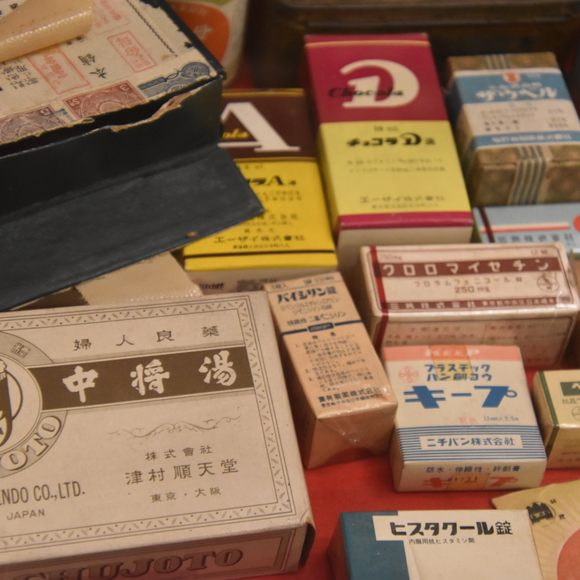

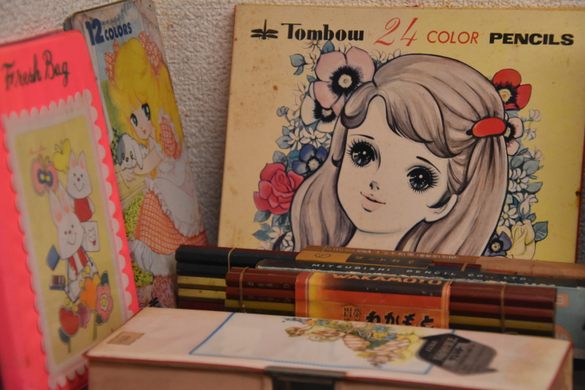
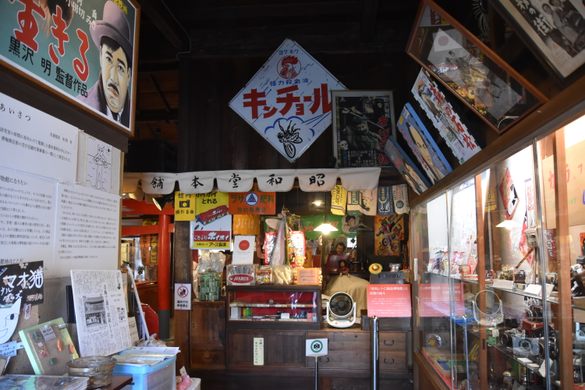
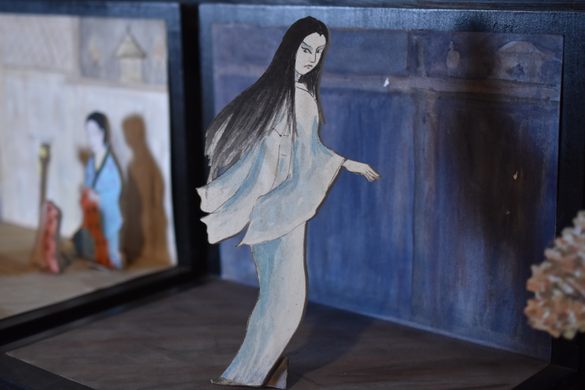
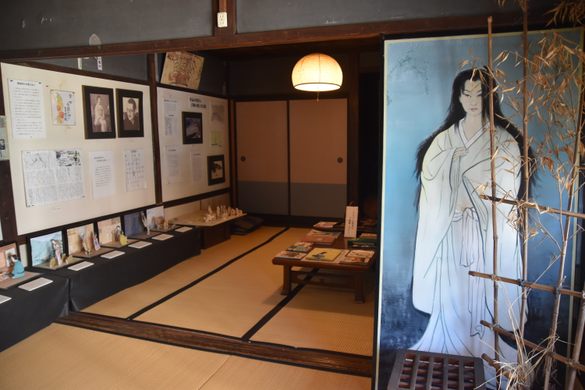
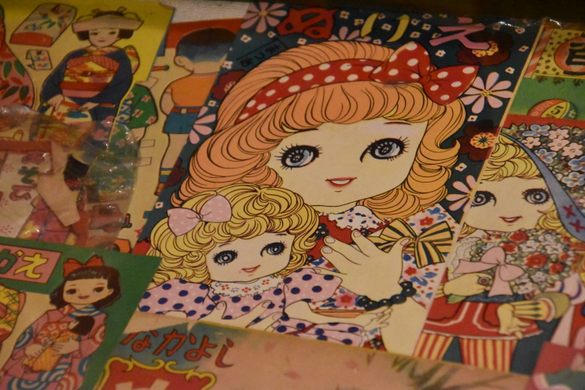
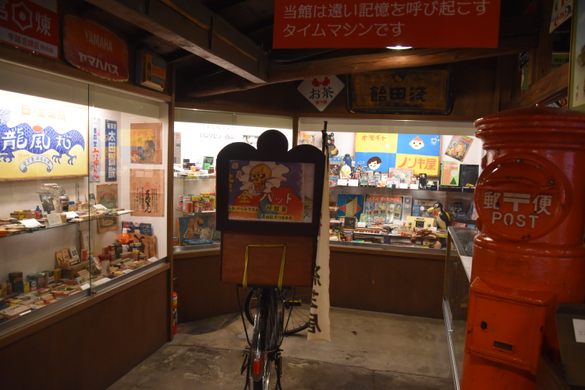
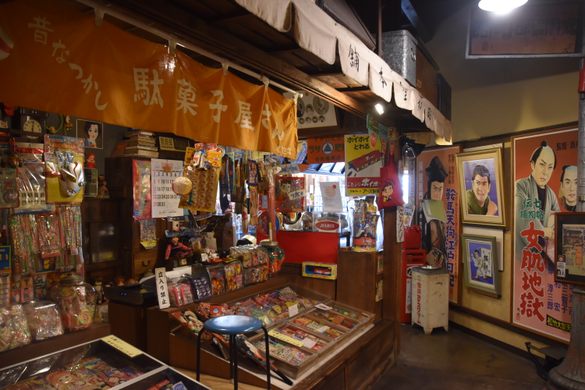
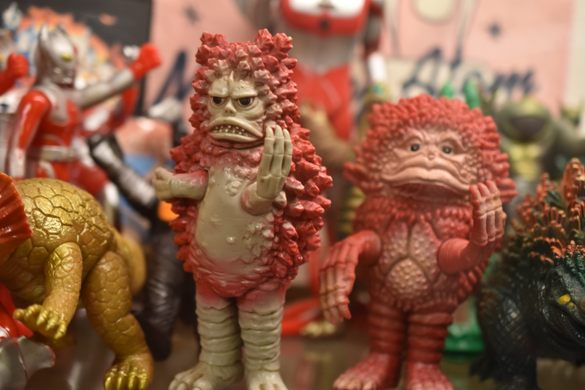
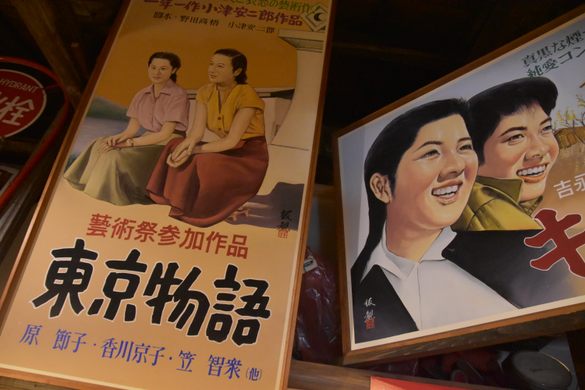
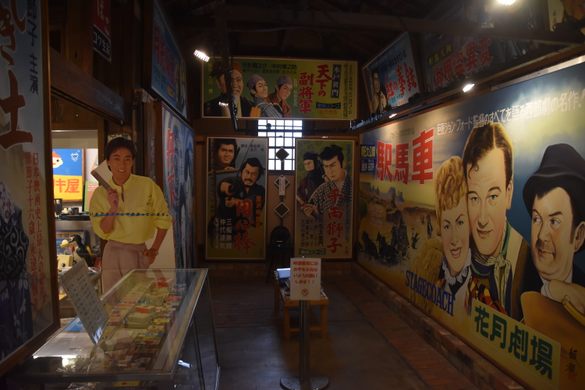




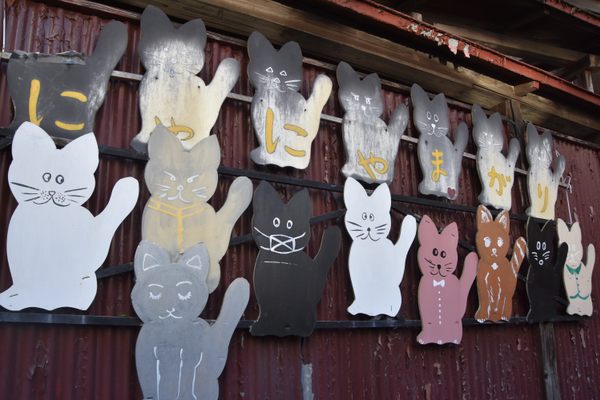
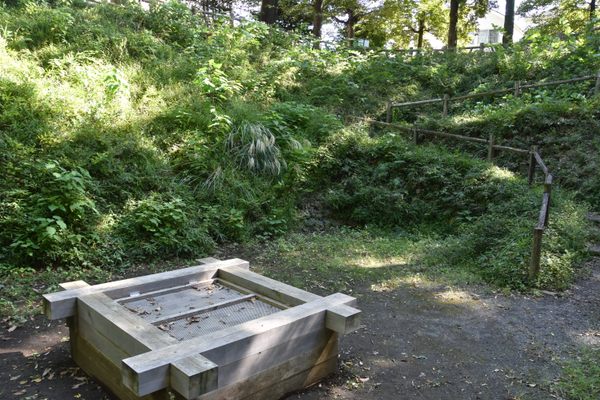

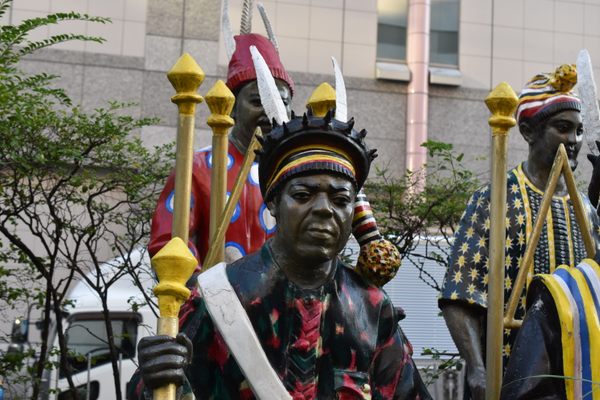

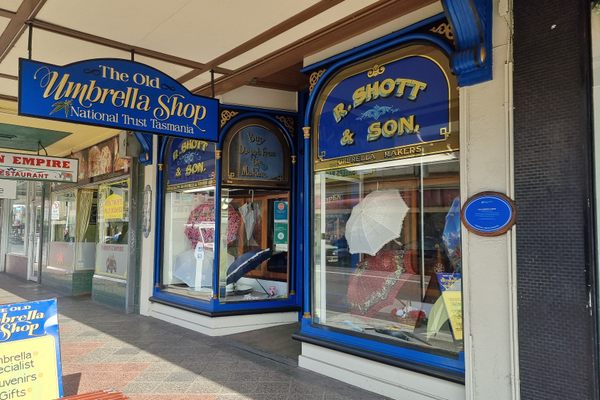
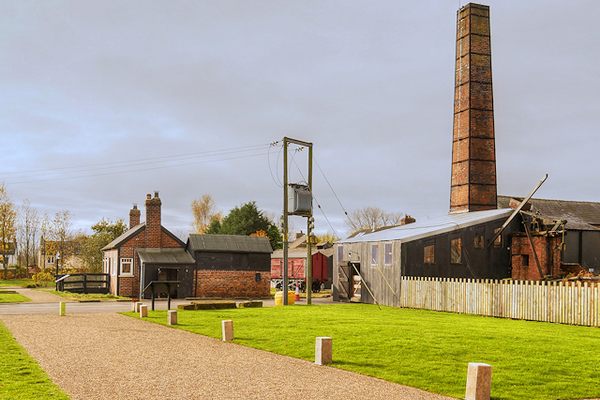


Follow us on Twitter to get the latest on the world's hidden wonders.
Like us on Facebook to get the latest on the world's hidden wonders.
Follow us on Twitter Like us on Facebook